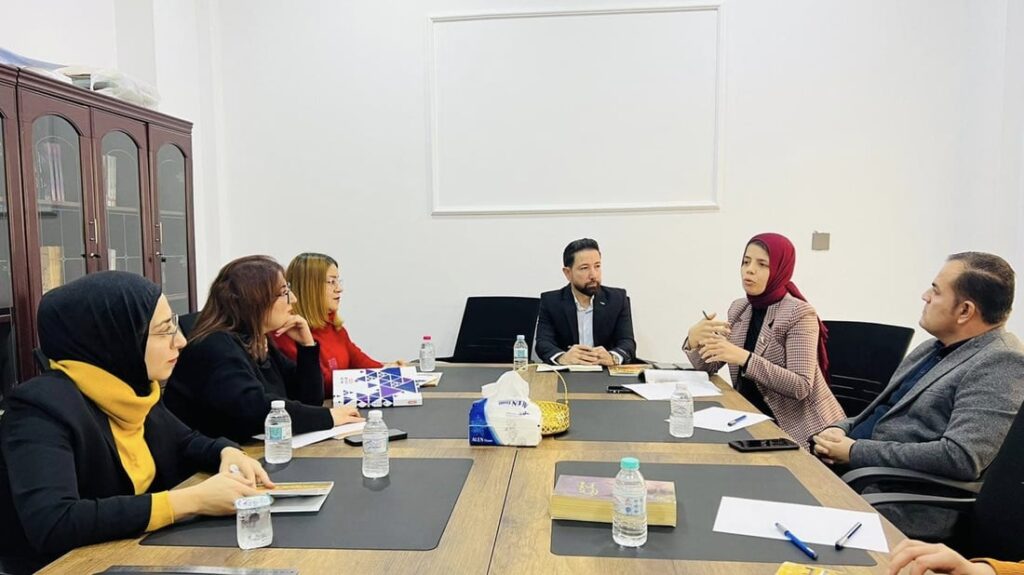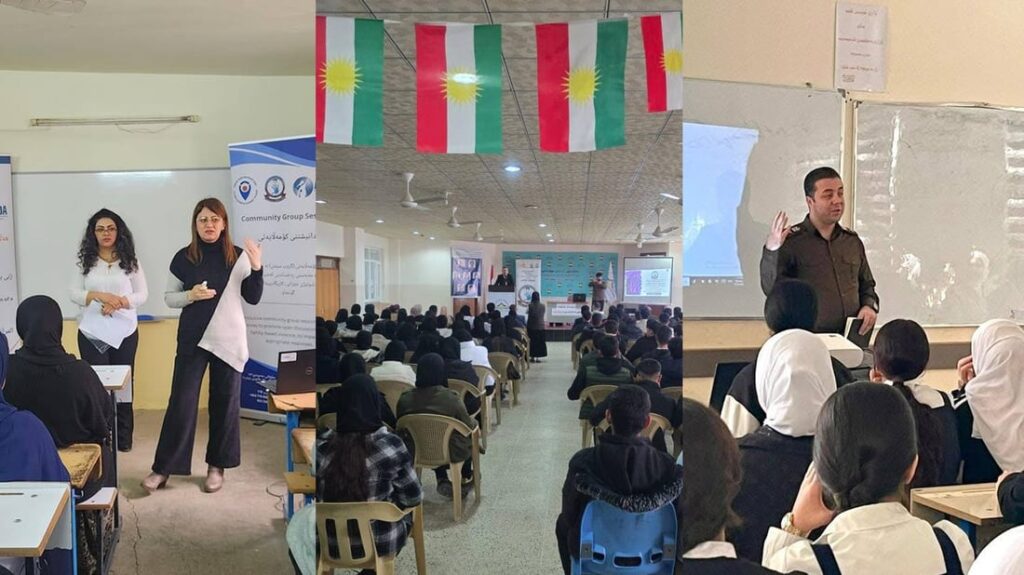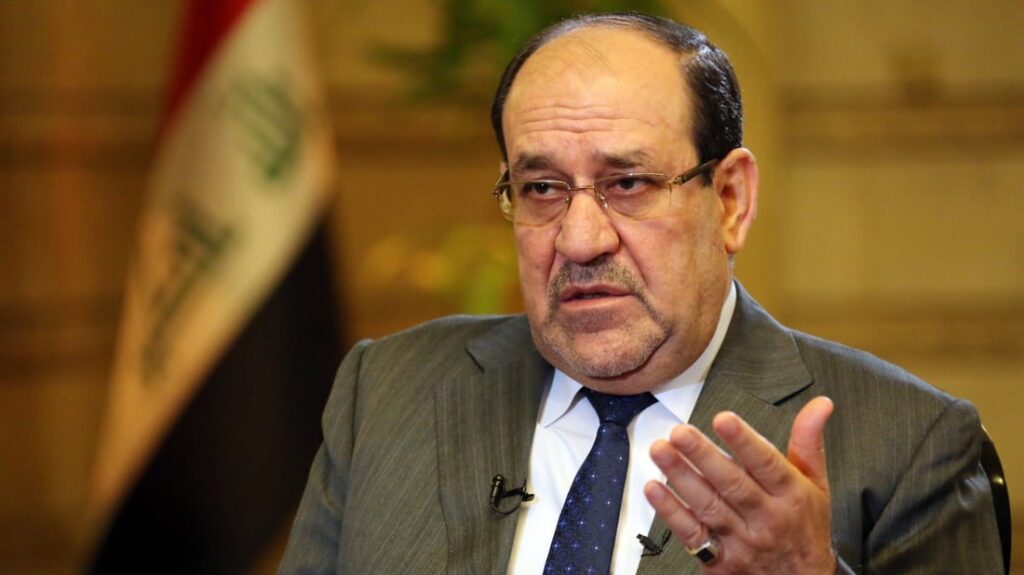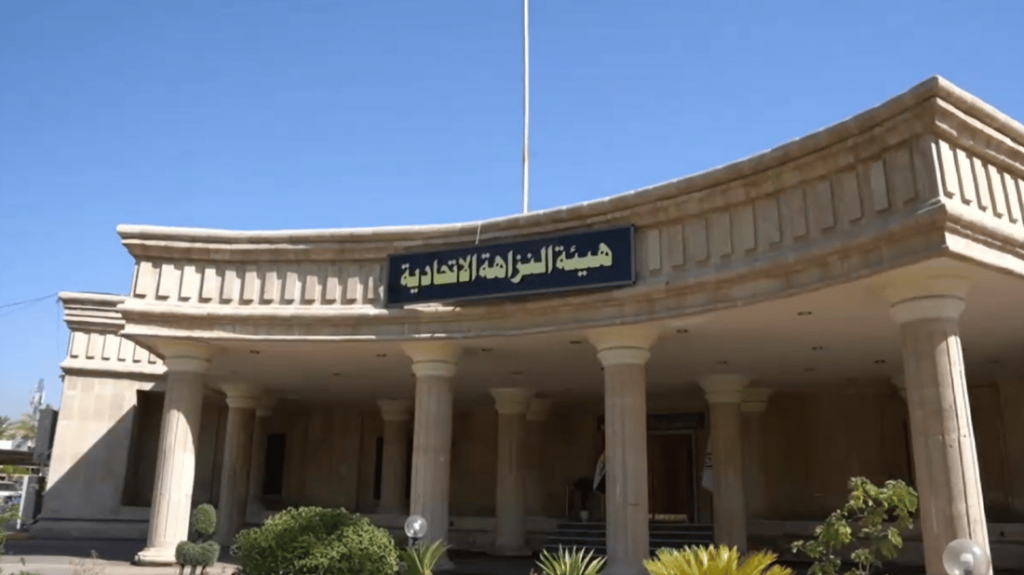World: Secretary-General's press encounter (25 October 2019)

Ladies and Gentlemen of the media,
We are witnessing a wave of demonstrations around the world, from the Middle East to Latin America and the Caribbean … from Europe to Africa and Asia.
Disquiet in peoples’ lives is leading to anything but quiet in streets and city squares.
Every situation is unique.
Some protests are triggered by economic issues – including rising prices, persistent inequality or financial systems that benefit elites.
Others stem from political demands.
And in some cases, people are reacting to corruption or different forms of discrimination.
Yet there are commonalities that span the continents – and that should force all of us to reflect and respond.
We need to think about the underlying factors.
It is clear that there is a growing deficit of trust between people and political establishments, and rising threats to the social contract.
The world is also wrestling with the negative impacts of globalization and new technologies, which have increased inequalities within societies.
Even where people are not protesting, they are hurting and want to be heard.
People want a level playing field – including social, economic and financial systems that work for all.
They want their human rights respected, and a say in the decisions that affect their lives.
As I already said in my statement two weeks ago, I am deeply concerned that some protests have led to violence and loss of life.
Governments have an obligation to uphold the freedoms of expression and peaceful assembly, and to safeguard civic space.
Security forces must act with maximum restraint, in conformity with international law.
And I call on protestors to follow the examples of Gandhi and Martin Luther King, Jr. and other champions of nonviolent change.
There can be no excuse for violence – from any quarter.
Above all, I urge leaders everywhere to listen to the real problems of real people.
Our world needs action and ambition to build a fair globalization, strengthen social cohesion, and tackle the climate crisis.
Those are precisely the objectives of the 2030 Agenda and the Sustainable Development Goals.
With solidarity and smart policies, leaders can show they “get it” – and point the way to a more just world.
Thank you for your attention.
Question: Thank you, Mr. Secretary?General. We see how the situation in Lebanon has escalated, and your Special Representative in Beirut is meeting the leaders in the country. What is your main message to the President of Lebanon and the Government? Thank you.
Secretary-General: My message is very simple and is always the same, and I would say that our Mission there has been also quite active in dialogue with all parties. It's a message that the country must solve its problems with dialogue, and I urge maximum restraint and no use of violence, both from the side of the Government and the side of the protesters.
Question: Thank you very much, Mr. Secretary?General. You met with the Foreign Minister of Bolivia this morning. Does the United Nations support the Organization of American States and the European Union in calling for a runoff election for President?
Secretary-General: The OEA and the Government have confirmed to us that there will be a, an audit done by the Organization of American States. We fully support that audit, and we are at the disposal of the Organization of American States if they will need any kind of expertise that we can provide. I appeal, at the same time, to both the Government and opposition to keep the maximum restraint, and I hope that these initiatives will help, hopefully lead to a positive conclusion.
Question: Thank you, Mr. Secretary?General. Betul Yuruk with the Turkish News Agency, Anadolu. We have seen so many developments and discussions about the north?east of Syria over the past two weeks, and I was wondering what you have to say about the discussions, let it be safe zone or internationally controlled security zone, about the future of the foreign ISIS fighters. What do you have to say about these developments?
Secretary-General: Well, we've been accompanying very closely everything that has happened, in contact with all the parties. Our main objectives were very simple. No escalation in conflicts, and I'm happy that we have no information of any conflict taking part at the present moment in northeastern Syria, no escalation in conflict, this escalation, as it has happened, full respect for international human rights and international humanitarian law, and effective protection of civilians, and, hopefully, the end of confrontation will allow it now to be seen positively.
And, at the same time, it is clear to me that what has happened in northern Syria shows that it's time to start seriously discussing the end game. And, if that is the case, the political process became more important than ever, and our total commitment now is to make sure that the Constitutional Committee will start its work in Geneva as a first step for a political solution that, hopefully, will lead to the end of this tragic chapter in the life of the Syrian people.
Question: Foreign ISIS fighters, Mr. Secretary?General?
Secretary-General: In relation to that, the last information we have is that, indeed, there was a limited number of fighters that managed to flee. And we, of course, ask all the parties involved to make sure that everything is done for that not to happen more. And we believe the international community needs to find a solution for those that have committed crimes to be effectively made accountable, and we know that this is not an easy question. There are several discussions taking place. We'll do everything possible to help create the conditions for that accountability to become a reality.
Question: Mr. Secretary?General, do you see any role for the Security Council to play vis?à?vis these demonstrations, which turned bloody? For example, in Iraq, today alone, five people killed in the south, three in Nasiriyah, two in Baghdad – the total more than 160 Iraqis lost their lives, and it's due to external intervention in Iraq, interference and through militias’, pro?Iran militias’, actions inside Iraq. Do you see a role? Because it’s no longer an internal affairs between Iraqis or their government.
Secretary-General: Our mission has been very active in relation to this. We have issued a report just three days ago with some preliminary findings, and we have, of course, been systematically appealing for non?violence and for restraint in relation to the authorities and the other actors that are involved. We deeply regret the number, the large number of people that have been killed in these circumstances. And, according to our preliminary findings, there were, indeed, substantial violations of human rights that took place and need to be clearly denounced and condemned.
Thank you.




